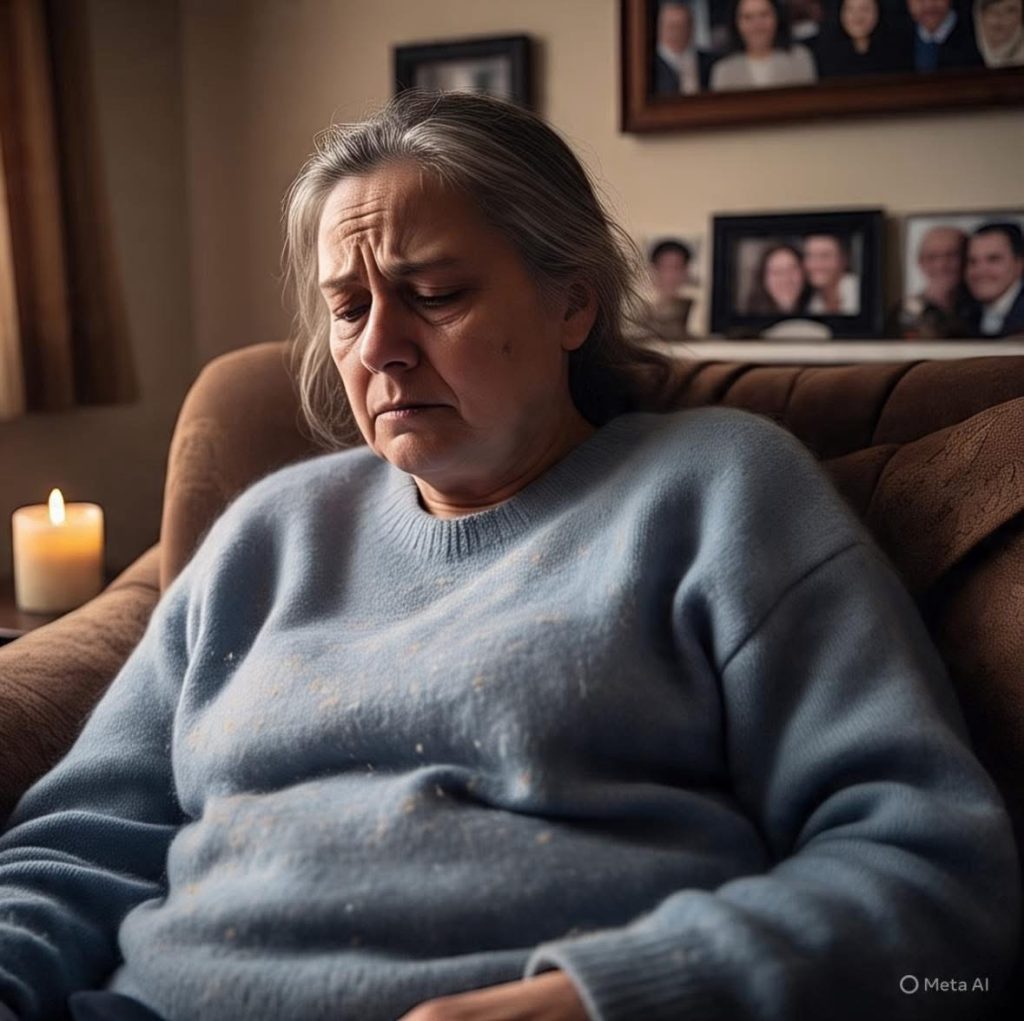
Many of us live our lives chasing something—a kind of fulfillment, recognition, achievement, or type of partner or friend- without realizing that the thing we’re after might not be ours to begin with.
Unconsciously, we often absorb unmet longings from our parents.
This doesn’t usually happen through words or direct instructions. In fact, it’s often the opposite. It happens subtly, implicitly, without us even realizing it’s there- whether through the emotional atmosphere created in the home, fragments of a narrative perhaps told in confidence, tone of voice, body language, or even a sense of absence or something missing. Through unspoken expectations. Through needs our parents themselves might not have been fully aware of.
A parent may have longed deeply to be seen, accepted, or loved for who they truly were—but never received that from their own parents or partners. Maybe they were always waiting for a certain kind of emotional availability, or protection, or space. Maybe they compensated by choosing a spouse who represented the opposite of what they lacked. Maybe that didn’t work either.
In all of this, the child quietly absorbs the longing, and may even identify with it. We grow up, but that inherited haunted sense of something being missing, or something we need to be searching for, lingers. And so we pursue a life shaped by a desire that was never truly ours.
Sometimes this manifests in the jobs we choose, the people we marry, or the roles we play. We find ourselves feeling oddly unsatisfied, even when we do everything “right.” That’s the trap: we’re trying to fulfill a desire that doesn’t live in our core self. And no matter how much we give to it, it doesn’t fill us.
The tricky part is that it’s not always easy to separate out what’s ours from what was passed down to us. When a parent’s unmet desire is subtle—conveyed through mixed messages, emotional absence, or vague yearning—it becomes embedded in us in a way that defies logic or language. We feel possessed by something unnamed.
Here’s a question you can ask yourself to unravel what’s yours from what isn’t: What if the thing you feel like you’re still waiting for—some form of love, affirmation, permission, clarity—was something your parent was waiting for too?
What if part of your healing lies in realizing: this wasn’t my original wound?
This insight doesn’t just bring clarity—it brings grief. Because once we see the inherited nature of some of our yearnings, we can begin the painful work of letting go. Of grieving not only for ourselves, but for what our parent never got, and maybe never will.
Grief clears space. And in that space, your own desire—what’s really yours—can begin to emerge.
